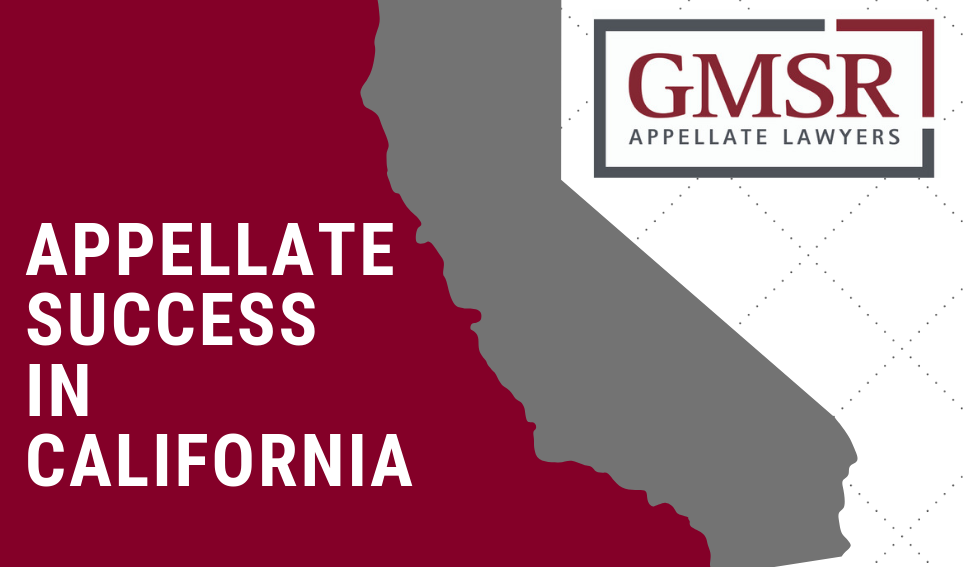Why and How To Slash Footnotes
Most judges hate footnotes in briefs. Please trust us on this, because we talk about legal writing with judges and justices a lot. Footnotes slow down a process that courts need to speed up: reading your brief and learning your main points. Worse, many lawyers use footnotes to avoid organizing their ideas, leaving the main text weaker than it should be. Or to indulge commentary on how “ironic” it is that an opponent claims X or Y. Or to “preserve” an argument—which footnotes fail to do as a matter of law.
Resist the impulse. Limit footnotes to one every five pages, if even that. Whack most footnotes in a draft by:
- Moving important points to the main text—editing as needed; or
- Deleting them. (If you like, save them in a “notes” document for the hearing. Or for posterity.)
► The practical message: Your briefs will be more powerful and welcome if you sweep out the footnote clutter.
Browse By Topic
We welcome your inquiry. However, sending us an email does not create an attorney-client relationship. For that reason, you should not send us any kind of confidential information. Until we have agreed to represent you, we cannot be obligated to keep it confidential.







